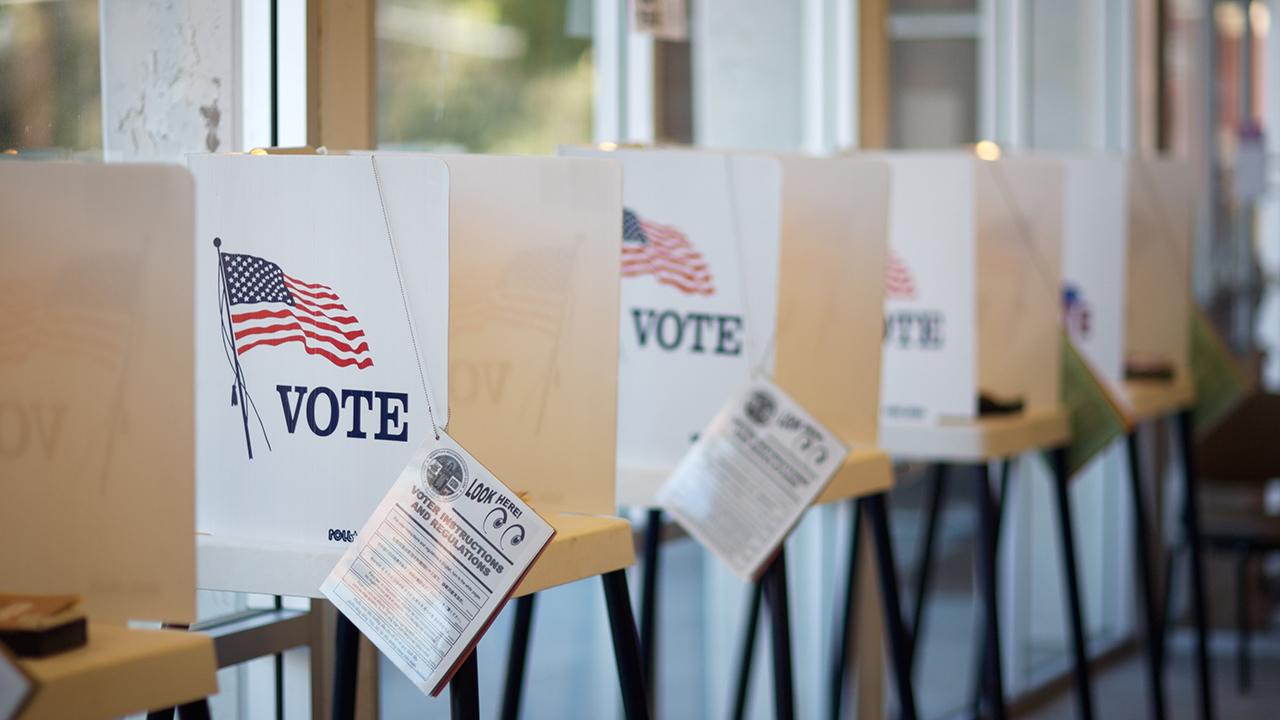Michigan voters could decide more than a dozen ballot questions in 2022 elections
Petitions are circulating around Michigan. They include measures to protect abortion rights, end mandatory minimum prison sentences and cap interest rates on payday loans.

Petitions are going around Michigan asking voters to support several issues that could end up on the November ballot. They include measures to protect abortion rights, end mandatory minimum prison sentences and cap interest rates on payday loans.
Journalist Yue Stella Yu is tracking the petition drives for WDET’s reporting partner, Bridge Detroit. She says there are different kinds of petitions.
“You can file a petition with the state government to establish a law, repeal a newly enacted law through a referendum, or amend the state’s constitution,” she says.
“I would ask more questions about the content to make sure I fully understand it before I sign it.” —Bridge Detroit reporter Yue Stella Yu
Yu says the first step is submitting a copy of a petition to the Michigan Secretary of State. Groups usually ask the Board of State Canvassers to approve the petition’s format and a brief summary of its objective.
“That minimizes the chance that the petition is going to be rejected later in the process,” Yu says.
Read more from Yue Stella Yu: 2022 Michigan petition drives tracker: What to know about election proposals
Groups can then start circulating petitions and ask voters to sign them. They must collect a minimum number of valid signatures to qualify for the ballot. Yu says that number varies according to how many people voted in the 2018 election.
“For example, to establish a new law, you would have to get at least 340,047 valid signatures,” she says. That’s 8% of the number of people who voted in the last gubernatorial election.
Not every petition ends up on the ballot
The Legislature can enact petitions seeking new laws within 40 days. If it does, the governor cannot veto them, because citizens — not lawmakers — initiated the measures.
If the Legislature rejects or does not act on those petitions, then they go on the ballot. Constitutional amendment and referendum petitions go directly to the voters.
Signer beware
Voters should understand what they’re signing before they put their names on a petition.
“I would ask more questions about the content to make sure I fully understand it before I sign it,” Yu says.
But when voters ask such questions, petition circulators do not have to tell them the truth.
Read more from WDET: Bills would crack down on lying petition circulators
Follow the money — if you can
Yu wrote an article on how hard it is to find out who’s paying for petition drives. The Secretary of State lets you look up campaign finance reports and see which groups are giving money to the petition committees. But in most cases, those groups don’t have to disclose their donors.
“For more than 90% of the money that’s funding these ballot drives, voters can’t find out who’s behind these efforts,” Yu says.
Trusted, accurate, up-to-date.
WDET strives to make our journalism accessible to everyone. As a public media institution, we maintain our journalistic integrity through independent support from readers like you. If you value WDET as your source of news, music and conversation, please make a gift today.

